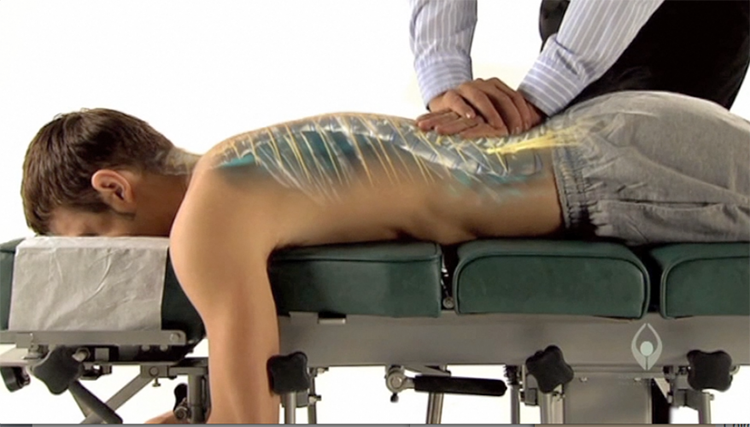Musculoskeletal problems are common but often distressing, uncomfortable, and even painful conditions. If you think you might have a musculoskeletal disorder of any kind, you are probably eager to learn about complementary therapies that can be used along with whatever conventional treatments that your doctor considers necessary.
In this article, we will discuss musculoskeletal disorders and then focus on the use of herbal remedies as a complementary therapy.
Musculoskeletal Disorders: An Introduction
Conditions that affect your joints, bones, muscles, tendons, and/or ligaments are musculoskeletal disorders. The ligaments, tendons, and muscles are referred to as soft tissues. Some examples of musculoskeletal disorders and conditions include:
- Fibromyalgia
- Tendinitis
- Rheumatoid arthritis
- Carpal tunnel syndrome
- Bone fractures
- Osteoporosis
Generally speaking, you are at higher risk of developing many musculoskeletal conditions as you age. The causes of, and degree of discomfort and pain associated with, musculoskeletal problems vary quite widely.
If you suspect that you might be suffering from a musculoskeletal condition, you need to consult with your doctor as soon as possible for a diagnosis. Early treatment tends to be very important.
Symptoms of Musculoskeletal Disorders
Symptoms vary from condition to condition. Some of the most common signs of musculoskeletal trouble include:
- Dull pain or aching
- Pain that you experience on a regular basis
- Inflammation and swelling
- Stiffness of the joints
Herbal Remedies as Complementary Therapy for Musculoskeletal Problems
Speak with your doctor before undertaking any herbal remedies as a complementary therapy for musculoskeletal problems. If he or she indicates that it is a good idea, you can consult with a licensed naturopath.

There are a number of different kinds of herbs and other supplements that a naturopath might recommend for your musculoskeletal issue. Many of these will have pain relieving and/or anti-inflammatory properties.
Some examples of herbs and other natural supplements that are sometimes used in herbal complementary treatment of musculoskeletal problems include:
- Turmeric: Turmeric is a spice that has excellent anti-inflammatory properties. It can help to alleviate pain (both acute and chronic) by reducing inflammation in the body overall. Turmeric is also used for pain relief.
- Ash: Native Americans have traditionally used ash for pain relief and alleviation of inflammation.
- Rose hip: Rose hip is anti-inflammatory, and has been used traditionally to help soothe symptoms of arthritis. There has been some indication that rose hip extracts can be helpful in dealing with osteoarthritis symptoms.
- Gotu kola: Gotu kola is sometimes used for issues involving the connective tissues.
- Omega-3 fish oil: Omega-3 fish supplements have anti-inflammatory properties that can make them useful in alleviating symptoms of musculoskeletal problems.
- Ginger: Ginger is another natural remedy used by naturopaths. It can be used mixed with turmeric. Sometimes it is recommended that you add a dash of black pepper, as it assists with absorption.
- Dandelion root: It is dandelion root’s excellent mineral content that makes it potentially useful for use alleviating musculoskeletal problems.
Other substances that are often used for their anti-inflammatory properties include: fennel, arnica, ginseng, licorice, and feverfew. Passionflower, comfrey, celandine, and myrrh are examples of substances that can be specifically useful in alleviating pain in the soft tissues.



